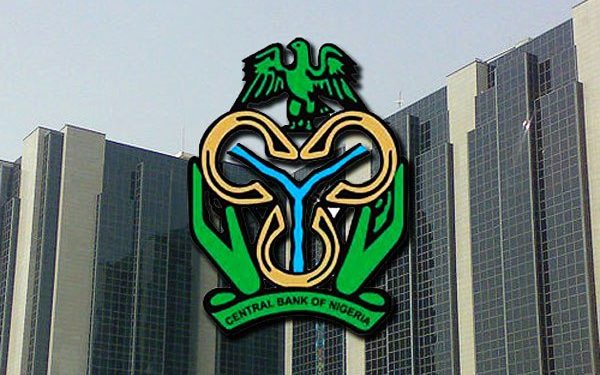- Experts and financial analysts have also said the new levy could upend the drive for financial inclusion and cashless policy.
The Central Bank of Nigeria, CBN, has imposed 0.005 percent Cybersecurity Levy all on electronic transfers.
The development is contained in circular issued by the CBN on Monday.
According to the apex bank, the deductions would become effective from the next two weeks.
The circular, issued by the Director of Payment Services, Uzoma Efobi, was addressed to all banks and payments services operators in the country.
According to the CBN, the deductions shall be applied at the transaction origination.
They will be put together and paid into the Cybersecurity Fund held by the CBN.
He apex bank warned that a defaulting institution could be fined to the tune of not less than two (2) percent of its annual turnover.
However, interbank transfers and loans transactions were exemted from the CBN cybersecurity levy.
The circular was a follow-up on an earlier letter dated June 25, 2018 (Ref: BPS/DIR/GEN/CIR/05/008), and October 5, 2018 (Ref: BSD/DIR/GEN/LAB/11/023), on compliance with the Cybercrimes (Prohibition, Prevention, Etc.) Act 2015.
It noted that “Following the enactment of the Cybercrime (Prohibition, Prevention, etc) (amendment) Act 2024 and under the provision of Section 44 (2)(a) of the Act, a levy of 0.5 per cent (0.005) equivalent to a half per cent of all electronic transactions value by the business specified in the Second Schedule of the Act, is to be remitted to the National Cybersecurity Fund which shall be administered by the Office of the National Security Adviser.”
Also, CBN stressed that “The deducted amount shall be reflected in the customer’s account with the narration, ‘Cybersecurity Levy’.”
Meanwhile, just barely a week ago, the Federal Government implemented deduction of ‘Stamp Duty’.
Deposit Money Banks are to begin the deduction of 0.375 per cent stamp duty charge on all mortgaged-backed loans and bonds.
The Cybersecurity levy has been widely criticised as selfish and inconsiderate with many saying Nigerians who are already grappling with harsh economic realities shouldn’t be burdened with additional taxes on their money.
Experts and financial analysts have also said the new levy could upend the drive for financial inclusion and cashless policy.
